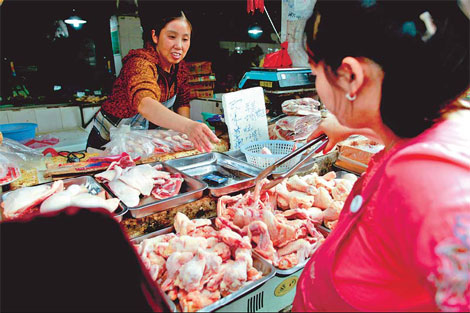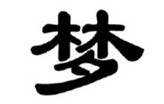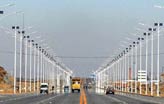Blaming job losses on China a 'distraction'
Updated: 2011-09-22 07:57
By Chen Weihua and Lan Lan (China Daily)
|
|||||||||
|
|
NEW YORK - China said on Wednesday that it has behaved reasonably in imposing anti-dumping and anti-subsidy duties on imports of chicken products from the United States.
On Tuesday, the US filed a case with the World Trade Organization (WTO) against the tariffs.
However, the Chinese Ministry of Commerce said that duties on imports of US poultry are in line with WTO rules.
|
||||
Up to US 300,000 jobs are under threat after China imposed the duties on imports of US chicken boiler products, comprising various cuts of chicken, US Trade Representative (USTR) Ron Kirk claimed on Tuesday.
Huo Jianguo, director of the Chinese Academy of International Trade and Economic Cooperation, said it is "unconvincing" for US officials to link potential job losses with the poultry issue.
"For a long time, the prices of US chicken broiler products sold in China were lower than the cost of production, according to our findings," Huo said. "It has damaged the profit margins of domestic producers."
An earlier statement from the ministry said that its investigation indicated that the US has subsidized soybeans and corn for its poultry industry, thus harming Chinese producers.
The US-China Business Council (USCBC) said on Tuesday that blaming widespread US job losses on China is a distraction from the real challenges facing the US economy and its trade relationship with China.
Referring to an updated study released on Monday by the Economic Policy Institute (EPI) - "Growing US Trade Deficit with China Cost 2.8 Million Jobs Between 2001 and 2010" - USCBC Vice-President Erin Ennis said that the report "is still based on the faulty assumption that every product imported from China would have otherwise been made in the US. As USCBC has said in response to previous versions of the EPI report, this assumption is decades out of date."
"The key is to make sure our companies and workers stay competitive and remain global leaders in manufacturing - and that means sensible innovation, education, tax, healthcare, and energy policies," Ennis said. "The answer is not to build walls around the US to isolate ourselves from our growing export opportunities with China - especially given the continued difficulties facing the US economy," she said in a statement.
In 2009, China initiated anti-dumping and countervailing investigations on US imports of chicken broiler products. It imposed duties a year later.
WTO rules permit member countries to impose duties on imports of merchandise that are found to be dumped or subsidized, if those imports cause injury to the domestic industry.
US officials have claimed that before the imposition of duties, the US was China's largest supplier of chicken broiler products with more than 600,000 tons exported in 2009. US exports of these products to China are down 90 percent since the duties came into effect.
They cited industrial sources as saying that the US poultry industry will have lost some $1 billion in sales to China by the end of the year.
US exports to China in 2010 were valued at a approximately $90 billion, up 32 percent from the previous year. China remains the third-largest export market for US goods, after Canada and Mexico, and has been the fastest-growing market for US goods over the past decade.












